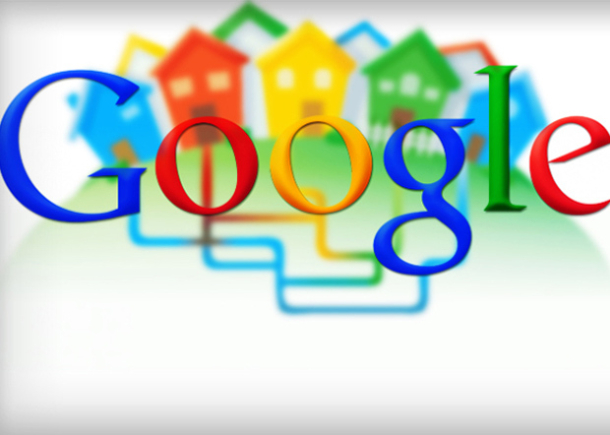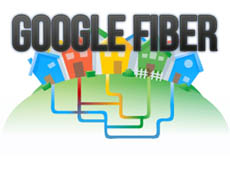LA Flips for Fiber
Moving toward citywide network
Since Google started wiring cities like Kansas, Austin, and Provo move 100 times faster than normal via Google Fiber, conversations about jumping on the wireless Autobahn have been held nationwide. Los Angeles has an ambitious plan. Unwilling to wait for a vendor to come and bring the fiber to all 3.5 million residents and businesses, […]



